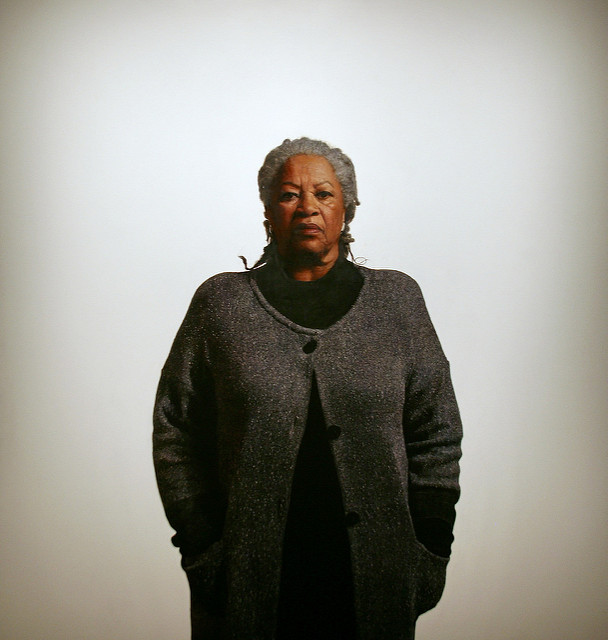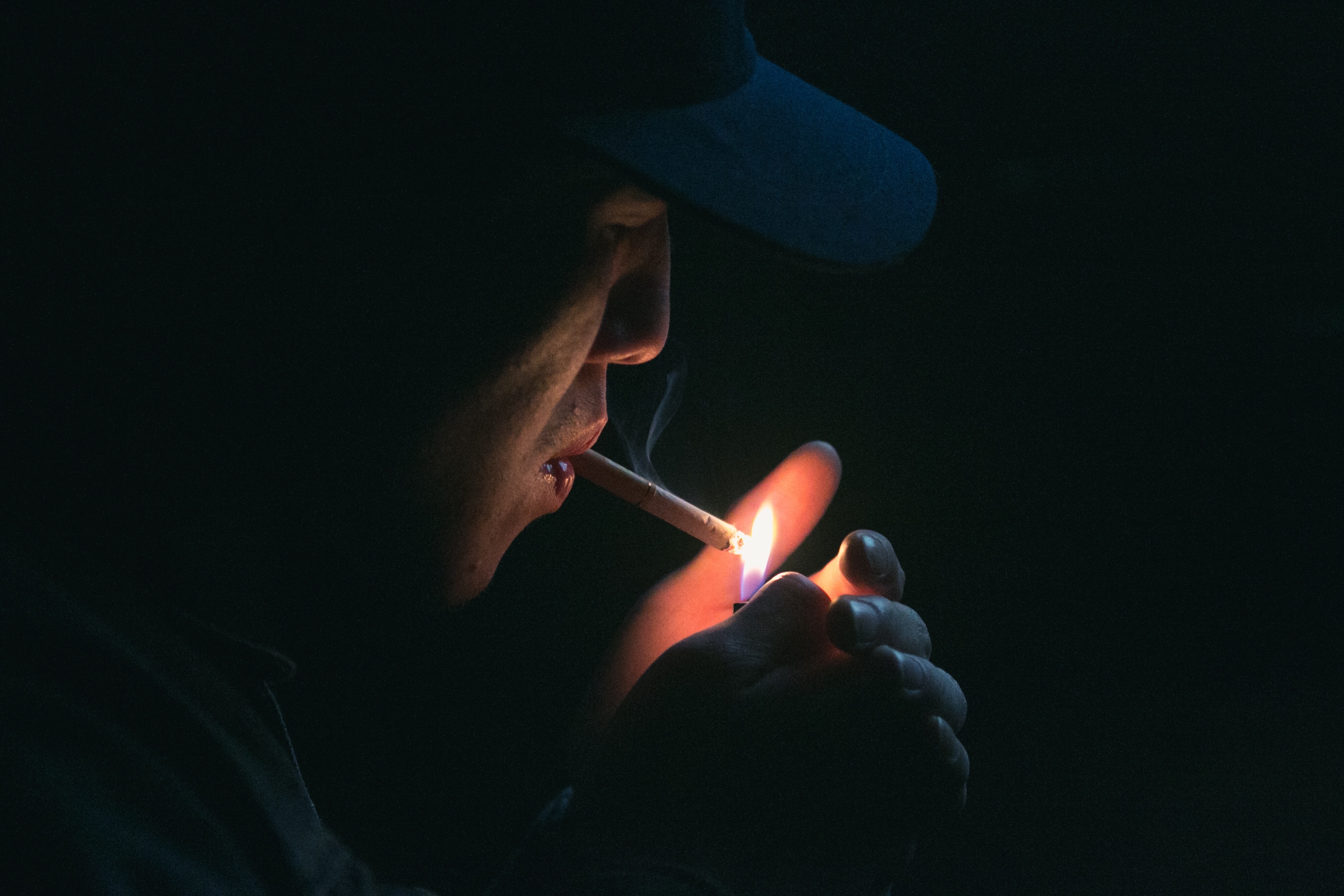Of all the new words that entered the lexicon last year, “whitelash” was the hardest one for me to share with my students. I felt relief when a local media source in San Francisco chose “Xenophobia” as the word of the year, because that word’s easy to accept. Phobia is a powerful suffix we review in my class because it gives us a lot of leverage to help decipher hundreds of words—it stands for fear, and hatred.
It’s opposite is philia.
“Xeno” stands for foreigners, and it’s easy to admit that many people have a fear of foreigners. We’ve been this way for a long time. “Xeno” actually comes from the name of a Greek general who lived a long time ago, and you guessed it, didn’t like foreigners.
Whitelash however, is much worse. According to one news source it means, “backlash by white racists against black civil rights advances.” It doesn’t hide from its racist intent the way words like “xenophobia” and “superpredator” do. We blame the politics of Donald Trump for this word, but anyone who studies fiction and language can tell you that fear and resentment of black civil rights advances have been hardwired into our language, into the stories we write, and the words we create.
The secret life of racism can be found in words. Words are created to help explain, but the truth is they’re just empty boxcars used to hide our darkest fears. As Toni Morrison eloquently elaborates in her Nobel Prize speech, “The systematic looting of language can be recognized by the tendency of its users to forgo its nuanced, complex, mid-wifery properties for menace and subjugation. Oppressive language does more than represent violence; it is violence…it must be rejected, altered and exposed.”
I think young people have it a lot tougher than most people recognize. They’re confused—no,they’re downright stupefied—because we give them dangerously conflicting messages on what it takes to be a man or a woman in our world. They come to teachers and need help. We show them facts, have them recite history, and then with all those stupefying words explain that the past cannot repeat itself, because we know who all the bad people are.
Instead, we should quote Toni who gave this dire prediction ten years ago:
“There will be more diplomatic language to countenance rape, torture, assassination. There is and will be more seductive, mutant language designed to throttle women, to pack their throats like paté-producing geese with their own unsayable, transgressive words; there will be more of the language of surveillance disguised as research; of politics and history calculated to render the suffering of millions mute; language glamorized to thrill the dissatisfied and bereft into assaulting their neighbors; arrogant pseudo-empirical language crafted to lock creative people into cages of inferiority and hopelessness.”
Pretty heady stuff, but let me boil it down for my students and their parents: Donald Trump may be a racist. Donald Trump may be the antichrist. But Donald Trump isn’t responsible for whitelash. We are. And if you really want to find a way out of the hell we may have to endure, only fiction can save us. Because fiction sees all the fears that we’re too ashamed to admit. And Toni Morrison is a much better prognosticator than those clueless Washington pundits, because only Toni can see that language is little more than a racist straightjacket we hide so much of our fear in.
As we celebrate the life of a great man, some of us will point fingers and wring hands at who is responsible for all these new words that stand for a timeless hate we should’ve seen coming. But evil politicians didn’t create whitelash. We did. And maybe the only way to see the real truth is to read the fiction of a great writer like Ms. Morrison.

This article originally appeared on LinkedIn.
